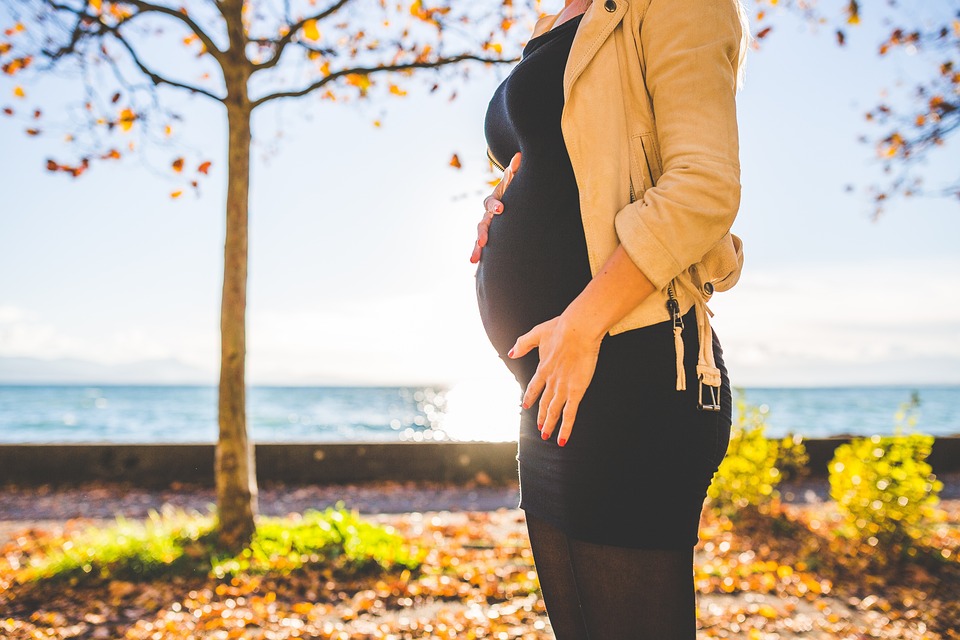
Pregnancy is a beautiful and miraculous time in a woman’s life. It is a time of excitement, anticipation, and joy as she prepares to welcome a new life into the world. However, pregnancy is also a time of significant physical and emotional changes that can impact a woman’s overall health and well-being. This is why it is crucial for expectant mothers to prioritize exercise and wellness during their pregnancy.
Exercise during pregnancy has numerous benefits for both the mother and the baby. It can help to improve cardiovascular health, manage weight gain, reduce stress, and enhance overall well-being. Additionally, regular exercise can help to prevent pregnancy-related complications such as gestational diabetes and preeclampsia. Many pregnant women also find that exercise helps to alleviate common pregnancy symptoms such as nausea, fatigue, and back pain.
One of the most important benefits of exercise during pregnancy is its impact on mental health. Pregnancy can be a stressful and emotionally challenging time for many women, as they navigate the physical and emotional changes that come with carrying a baby. Exercise has been shown to release endorphins, which are neurotransmitters that act as natural mood lifters. Regular exercise can help to reduce feelings of anxiety and depression, improve self-esteem, and enhance overall mental well-being.
In addition to the physical and mental benefits of exercise during pregnancy, it can also have a positive impact on the baby’s health. Studies have shown that exercise during pregnancy can lead to a lower risk of obesity, improved cardiovascular health, and better cognitive development in children. This is because regular exercise during pregnancy can promote healthy blood flow to the placenta, providing the baby with essential nutrients and oxygen for optimal development.
When it comes to exercise during pregnancy, it is important for women to listen to their bodies and consult with their healthcare provider before starting a new exercise regimen. While most pregnant women can safely engage in moderate physical activity, some may need to modify their exercise routine or avoid certain activities depending on their individual health status.
Some safe and effective forms of exercise during pregnancy include walking, swimming, prenatal yoga, and low-impact aerobics. These types of exercises are gentle on the body, help to improve flexibility and strength, and can be easily modified to accommodate a growing belly. It is also important for pregnant women to stay hydrated, wear comfortable clothing and footwear, and avoid exercising in extreme heat or humidity.
In addition to exercise, wellness during pregnancy is equally important for both the mother and the baby. Wellness encompasses a holistic approach to health that includes proper nutrition, adequate rest, stress management, and self-care practices. Eating a balanced diet rich in fruits, vegetables, whole grains, and lean proteins is essential for ensuring the health and well-being of both the mother and the baby.
Pregnant women should aim to consume a variety of nutrient-dense foods that provide essential vitamins and minerals such as folic acid, iron, calcium, and omega-3 fatty acids. These nutrients are crucial for supporting the baby’s growth and development, as well as maintaining the mother’s overall health during pregnancy. It is also important for pregnant women to avoid certain foods that may pose a risk to the baby, such as raw seafood, unpasteurized dairy products, and deli meats.
Adequate rest and relaxation are also important components of wellness during pregnancy. Pregnant women may experience fatigue and sleep disturbances due to hormonal changes and physical discomfort. It is important for expectant mothers to prioritize rest and relaxation by practicing good sleep hygiene, taking short naps during the day, and engaging in stress-reducing activities such as meditation, deep breathing exercises, and prenatal massage.
Stress management is another key aspect of wellness during pregnancy. Pregnancy can be a time of heightened emotions and anxiety as women prepare for the arrival of their baby. It is important for pregnant women to find healthy ways to cope with stress, such as engaging in regular exercise, seeking support from loved ones, and seeking professional help if needed. Chronic stress during pregnancy has been linked to a higher risk of preterm birth, low birth weight, and other pregnancy-related complications.
Self-care practices are also essential for promoting well-being during pregnancy. Taking time for oneself, engaging in activities that bring joy and relaxation, and prioritizing self-care can help pregnant women to feel more balanced and grounded during this transformative time. Some self-care practices that may be beneficial during pregnancy include journaling, spending time in nature, practicing mindfulness, and connecting with other expectant mothers.
Overall, exercise and wellness are crucial components of a healthy and happy pregnancy. By prioritizing regular physical activity, proper nutrition, rest, stress management, and self-care, pregnant women can support their own health and well-being, as well as the health and development of their baby. It is important for expectant mothers to work closely with their healthcare provider to develop a personalized exercise and wellness plan that is safe and effective for their individual needs and circumstances. By taking care of their bodies and minds during pregnancy, women can set the foundation for a positive and empowering birth experience and a healthy start for their new little one.






